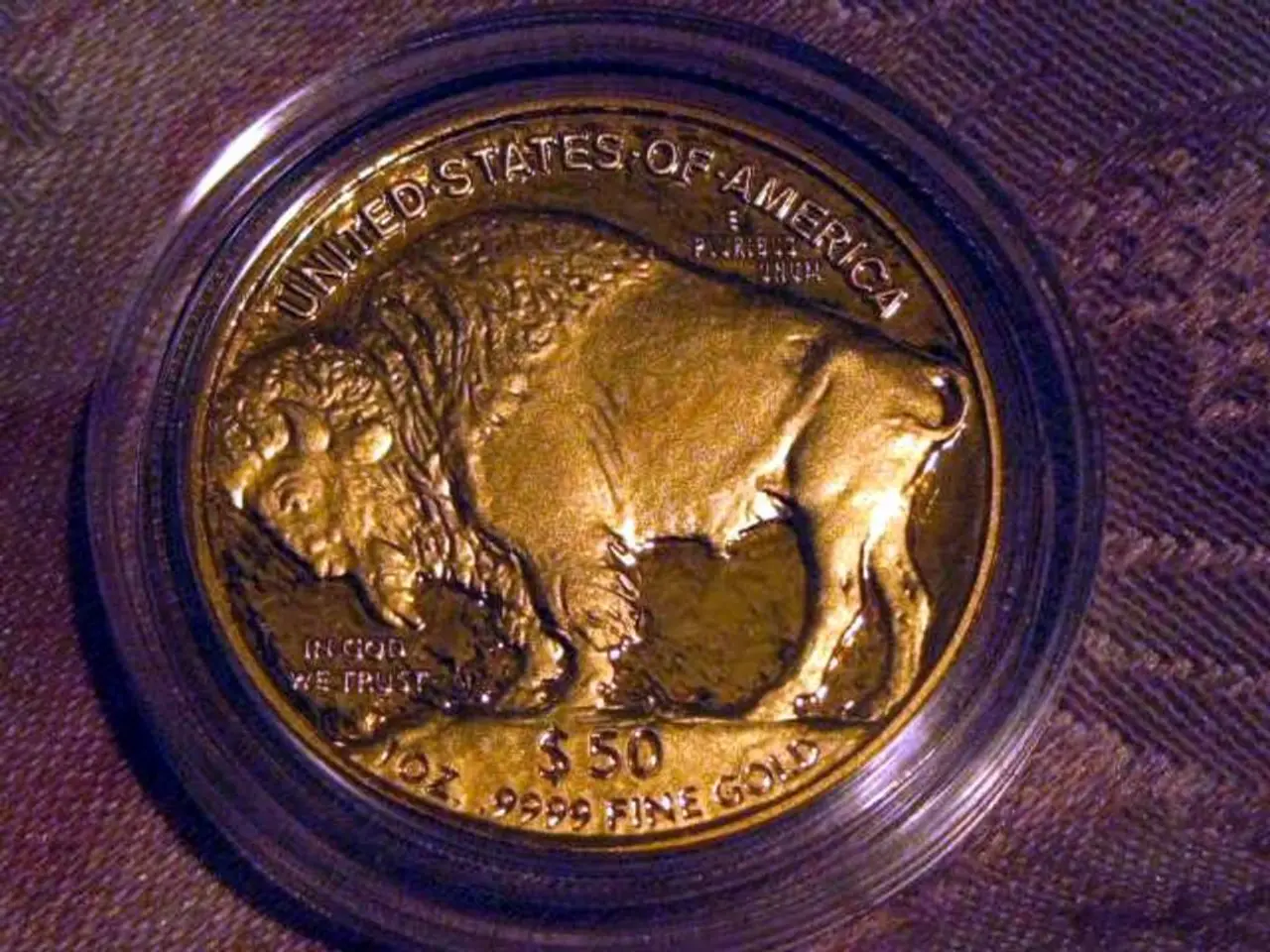Central Bank Decisions Shaping Global Economic Trajectory: Insight into the Federal Reserve's Role
The Federal Reserve, established in 1913 through the Federal Reserve Act, serves as the central bank of the United States. Its creation was a response to frequent financial crises and bank failures, aiming to provide the country with a reliable and flexible authority to manage monetary policy, regulate financial institutions, and instil confidence in the economy.
The Federal Reserve is a decentralized system with 12 Federal Reserve Banks distributed throughout the country. It facilitates payments and settlements, acting as the bank of banks for U.S. dollar payment systems. One of its key roles is to coordinate U.S. monetary policy with the goal of maintaining price stability and promoting maximum employment.
The Federal Open Market Committee (FOMC), a crucial body within the Federal Reserve, is responsible for making decisions on interest rates and monetary policy. The FOMC meets eight times a year to assess the economic situation and decide on interest rates. Adjusting these rates can stimulate or cool the economy. The Fed's Chair also serves as the FOMC Chair, a position held by notable figures such as Charles S. Hamlin, William P.G. Harding, Carter Glass, Eugene Meyer, Marriner S. Eccles, William McChesney Martin, Arthur F. Burns, Paul Volcker, Alan Greenspan, Ben Bernanke, Janet Yellen, and Jerome Powell.
The Fed performs five main functions, including conducting monetary policy, supervising and regulating banks, providing financial services to the U.S. government, acting as a lender of last resort, and maintaining the stability of the financial system. The Fed protects consumers by supervising banking practices and promoting community development. It also ensures the safety of financial entities by evaluating their solidity and impact on the system as a whole, thus preventing systemic crises.
The Fed's institutional independence and operational capacity are crucial for maintaining predictability in global markets. Its decisions affect the entire planet, including countries like Spain, influencing global financing costs, exchange rates, and prices of financial products. However, the Fed's geopolitical weight has not always been free from political influence.
During his previous presidency, Donald Trump showed an unusual interest in influencing the Fed, seeking lower interest rates to stimulate economic growth and keep markets high. Trump exerted direct political pressure and publicly criticized Fed Chair Jerome Powell, wanting a low-interest-rate environment to boost the stock market.
Despite these pressures, the Fed maintains its independence, ensuring the stability of the U.S. and global financial systems. The Board of Governors, based in Washington D.C., consists of seven members appointed by the U.S. President and confirmed by the Senate. This structure ensures a balance between political influence and the Fed's need for independence to make sound economic decisions.
In conclusion, the Federal Reserve plays a pivotal role in the U.S. and global economies. Its decisions, made by the Federal Open Market Committee and the Board of Governors, affect the stability of financial systems worldwide, making it an indirect pivot of global policy. The Fed's ability to maintain its institutional independence and operational capacity is essential for maintaining predictability in global markets and promoting economic stability.







